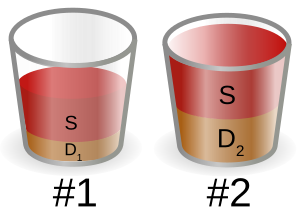AP Psychology Unit 5 2024-25
1/115
There's no tags or description
Looks like no tags are added yet.
Name | Mastery | Learn | Test | Matching | Spaced | Call with Kai |
|---|
No analytics yet
Send a link to your students to track their progress
116 Terms
HIPAA (Health Insurance Portability and Accountability Act)
ensures patient privacy regarding health information.
Etiology of Psychological Methods

Factitious Disorder on Another (by Proxy)
A caregiver induces illness in someone under their care to gain attention.
ADHD (Attention Deficit Hyperactivity Disorder)
a condition characterized by inattention, hyperactivity, and impulsiveness.
A severe mental disorder characterized by disordered thinking, perceptions/delusions, and emotional responses.
symptoms that add behaviors (e.g., hallucinations) vs symptoms that remove behaviors (e.g., lack of motivation).
A system of behavior modification based on the systematic reinforcement of target behavior (utilizing points that can be exchanged for tangible rewards).